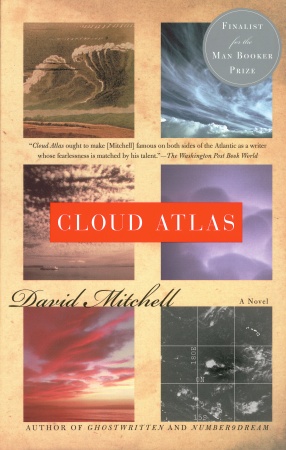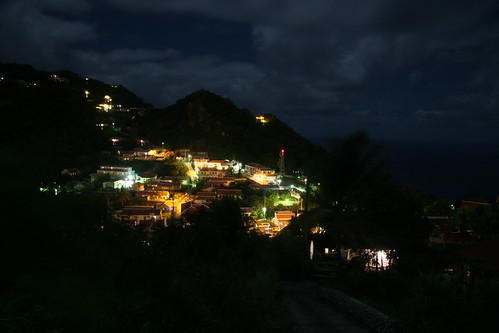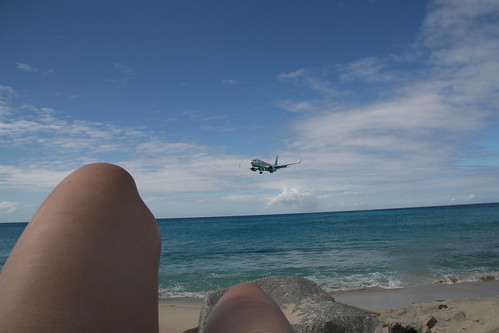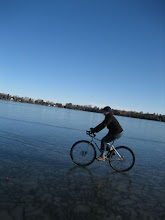Today I have been sorting through the designated Chicago collection that one of my predecessors compiled because many of the books were never cataloged. While leafing through How to Survive in Chicago... and Enjoy It, by Kenan Heise, Charles McWhinnie, Judith Birnbaum, and Juanita Carlson, (the authors loved their ellipsis), I came across this sage advice on how to root for the home team if you're in Chicago:
A Chicago Cubs fan... how to become one
- Know where Wrigley Field is (Addison & Sheffield), that it was originally built for a team in the Federal League, is ivy-covered, and is the only ball park in the majors without lights.
- Know that the chewing-gum Wrigleys have owned the team for a long time, and live in Lake Geneva, Wisconsin.
- Live on the North Side and be able to go to the beach or anywhere else on a summer afternoon to hear the game blasting forth from radios. Or else live on the South Side (White Sox territory) and be willing to be treated as a person with an affliction.
- Be accepting of the fact that a team that can go a generation without winning a pennant is still worth dying a little bit for.
A Chicago White Sox fan... how to earn the titleA Blackhawk fan and what that means
- Know what team won the pennant in 1959 and what city's air raid fire sirens went off as a result. It helps to know what years Nellie Fox, Billy Pierce, and Jungle Jim Rivera played.
- Attend White Sox games. In the late 1960s the park was as abandoned as any in either league. Most critics said it was because the stadium was in a supposedly dangerous neighborhood. Well, Blackhawks fans go into one 10 times worse and almost always at night [ooh burn]. The Sox began to win and the myth was totally dispelled.
- Share the White Sox fan's mentality about winning. That 1959 pennant followed 30 years losing it.
- Hate the Cubs, but hope for a "subway World Series." Just to show those northsiders who will never understand how much greater Luke Appling was than their overoptimistic Ernie Banks.
Chicago Winds
- Be accepting of the most cynical ownership in all sports. Under heavy pressure the owners put in water faucets for the fans. No efforts have succeeded in clearing up the practice of selling tickets so that the average fan over the years will not have to bribe ticket sellers for important dates.
- Enjoy good hockey. The team plays a lot of it even though they rarely win the Stanley Cup.
Chicago Bears, or how to be a frozen-toed fan
- Just another second-rate football team in Chicago. Many argue that Chicago has just that already.
- An additional chance to root for another underdog.
Chicago Bulls... why and how to cheer for them
- Know a little about that crotchety, often-lovable relic of the stone age of professional football, George Halas.
- Be able to recall the 73 to 0 score of the immortal game against Washington on December 8, 1940.
- Know the other teams in the "Black and Blue Division" and accept the fact that they are why so many of the Bears are always in Illinois Masonic Hospital having their knees operated on.
- Live, as other Chicago fans often do, on hope and with the realization that winning cannot be everything.
- Know someone who has a season pass or who hopes to inherit one.
Note: For scores (1 hour to 2 hours late) of baseball, football, hockey, basketball, call the Chicago Tribune at 222-1234 or the Chicago-Sun Times-Chicago Daily News at WH 3-3080.
- To be a superfan, get an old Chicago Zephyr or Stag pennant to commemorate the city's prior attempt at pro basketball. George Halas even attempted a team here in the 1930s (the Bruins). Other teams included the Chicago Majors, the Globetrotters (based here), the American Gears, and the Packers (an earlier name for the Zephyrs).
- Take a course in corporate structure and personnel management to grasp the front-office and player-general manager maneuvers of this fantastic salaried operation.
- Watch the coaching of this operation. It has been a Bull's strength.
- But like any other Chicago fan, live on hope. After all, Chicago does have potential. Didn't it recover from a fire back in 1871?
Interesting how some things never change:
To be a Cubs fan, you must know more about the park than about the team itself; the really big fans don't even live in Chicago.
To be a Sox fan, you must hold on to trivia and titles while dodging bullets in your apparently really ghetto neighborhood.
To be a Hawks fan - I think this one has actually drastically changed for the better recently - you needed to fight an owner completely out of touch with his fan base.
To be a football fan in Chicago, you need to realize that your team is going to get beat to hell by stronger teams, and getting tickets will be next to impossible unless to know someone.
To be a Bulls fan, you need to also know your history, and watch the politics of the home office -not being a Bulls/basketball fan, I can't really comment on how accurate that is today.















































